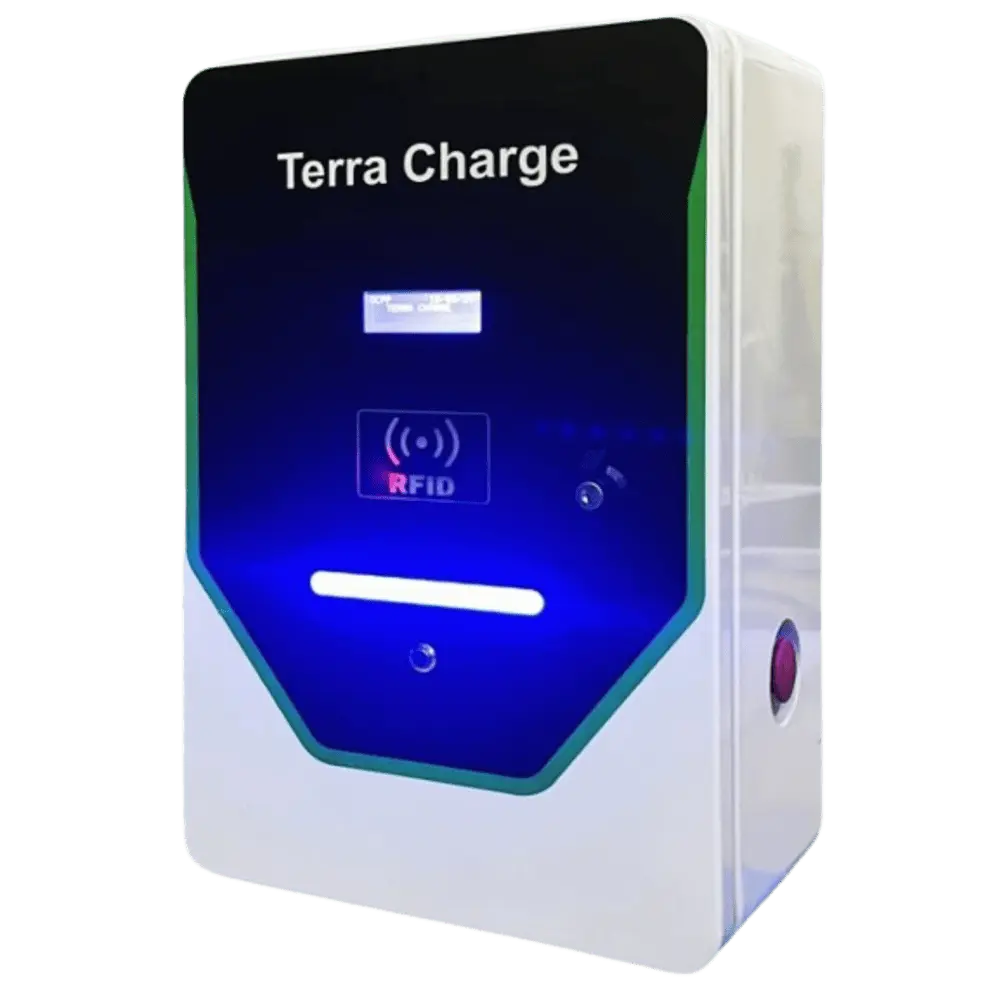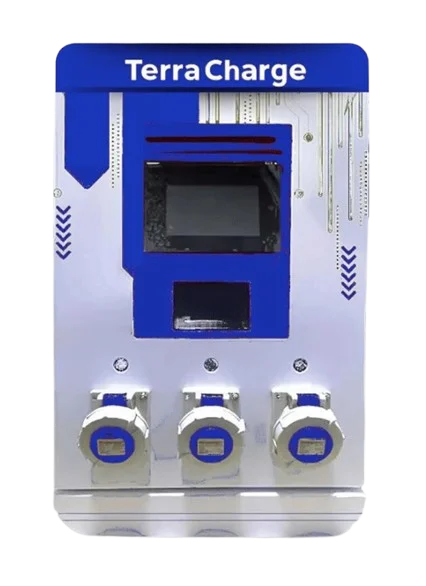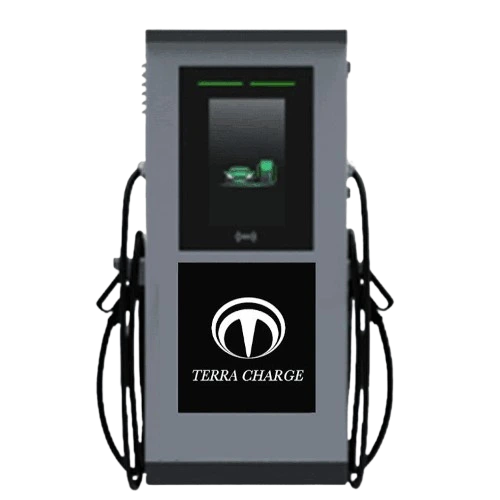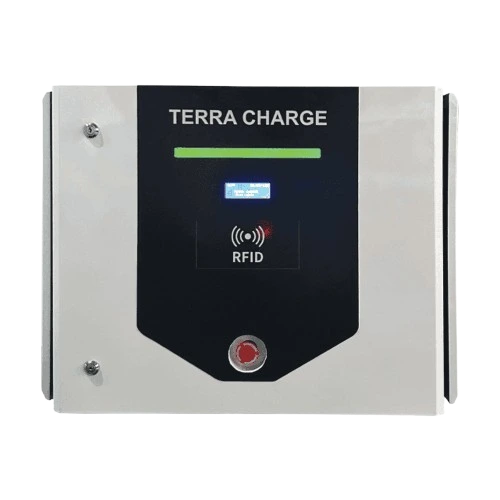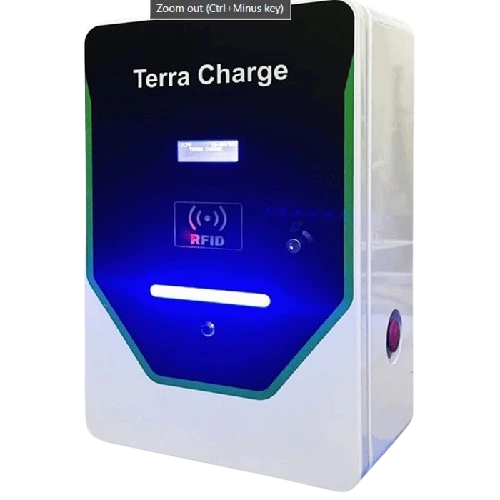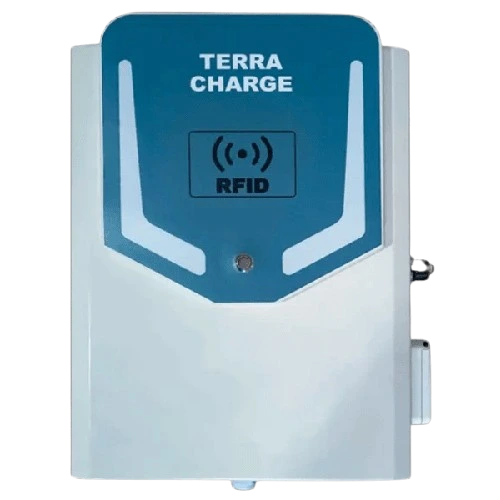If one rides an electric car and commutes 1000 km in India, he/she will have to install 15 different EV charging apps to charge their EV. The challenges aren’t over yet; now, the EV owner will have to top up the charging app with a minimum balance and spend more on charging the EV. I didn’t address the waiting time at charging stations yet. Sometimes, the charging app is faulty and won’t start charging the EV, wherein the next hurdle of contacting customer care kicks in.
With so many issues, it begs the question whether – one should even consider buying an EV?
After talking with 100s of EV owners, driving an EV for 1000s of km, and talking with many charging station owners, we’re making this blog post and listing all the issues with the EV charging apps along with a clear and actionable solution.
Issues with EV Charging apps:
Here’s a look at some of the common problems plaguing EV charging apps in India:
- Fragmented App Landscape: Unlike the uniformity of petrol pumps, there’s a multitude of EV charging station operators, each with their own app. Juggling multiple apps for different stations can be cumbersome and confusing for users.
- App Functionality Issues: Many EV charging apps suffer from bugs and glitches. Users report issues like failed logins, trouble initiating charging sessions, and inaccurate station information. These can lead to wasted time and unnecessary anxiety for EV drivers on the go.
- Limited Payment Options: Some apps offer limited payment gateways, making it inconvenient for users who prefer specific digital wallets or UPI platforms. A more comprehensive range of payment options would improve user experience.
- Lack of Real-time Data: Not all apps provide real-time data on charger availability and waiting times. This can lead to wasted trips to stations that are already occupied.
- Security Concerns: Data security is growing in today’s digital world. EV charging apps must ensure robust security measures to protect user information, especially payment details.
Now, all the above-mentioned issues are solvable. They might not even exist in the future, but 2 significant issues that go unnoticed are verified EV chargers (lack of real-time data) and a unified payment system for EV charging. Here’s how 1C EV Charging addresses these issues and brings a sensible and reliable solution.
How 1C EV Charging is solving these issues:

Currently, EV owners need to install multiple apps from different charging station providers to charge their vehicles. This can be a frustrating and time-consuming process. Recognizing this need, 1C EV Charging has introduced a game-changing feature that simplifies the charging process for EV owners – the QR code payment system. This innovative solution eliminates the hassle of installing multiple charging apps and managing separate wallets for different charging networks.
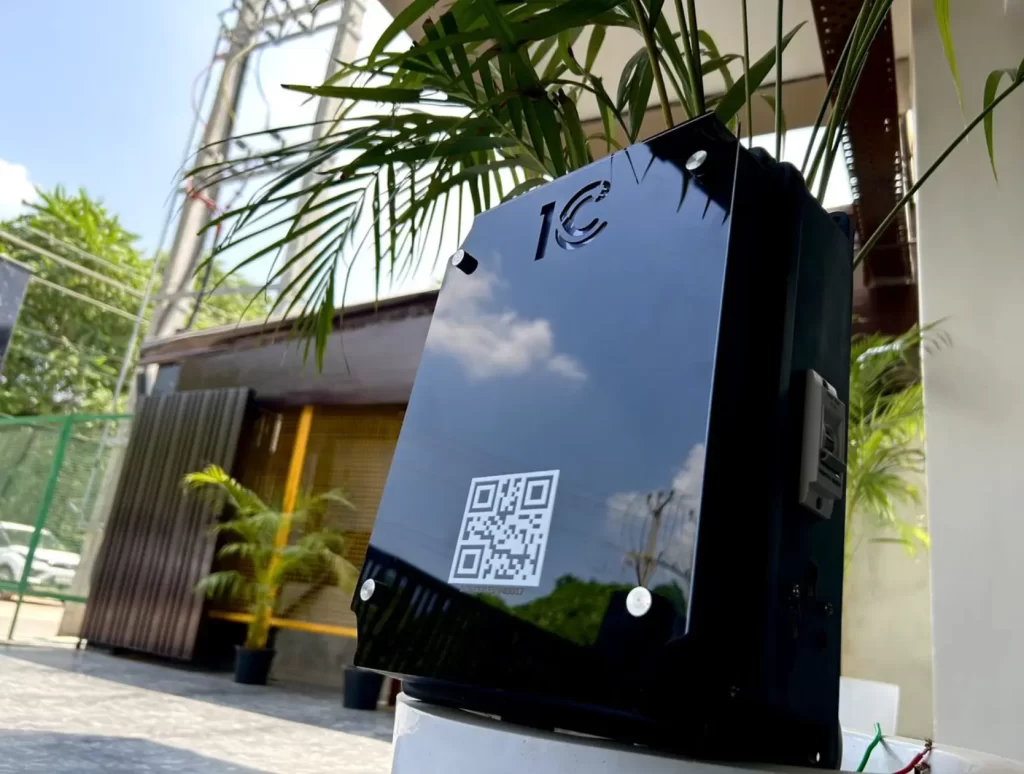
How to use 1C EV charging QR:
It can be done in 3 easy steps as follows:
- Visit any 1C EV Charging point.
- Scan the QR on the charger using any UPI-enabled app
- Make the payment, and your charging will be automatically started.
Here’s how it can be helpful.
Benefits for Users
This new feature offers several benefits for EV users:
- Convenience: No more need to download and install multiple apps. Just use your existing UPI app to pay and charge.
- Saves Time: Skip the hassle of registering and managing multiple app wallets.
- Flexibility: Use any UPI app you’re comfortable with; there is no need to be restricted to specific apps.
Benefits for the EV Ecosystem
A unified charging experience through QR code scanning can significantly benefit the EV ecosystem in India:
- Increased EV Adoption: Easier charging will encourage more people to switch to EVs.
- Improved Infrastructure Utilization: A more comprehensive range of users can easily access charging stations, improving their utilization rates.
- Standardization: QR code-based charging paves the way for a more standardized and interoperable charging infrastructure.

Conclusion:
The current state of EV charging apps in India is fragmented and frustrating for users. However, this blog post highlights that there are solutions. By implementing a standardized system like QR code payments, companies like 1C EV Charging are paving the way for a smoother and more efficient EV charging experience. This will not only benefit users with convenience and time savings but also encourage wider EV adoption and improve infrastructure utilization in India’s developing EV ecosystem.



